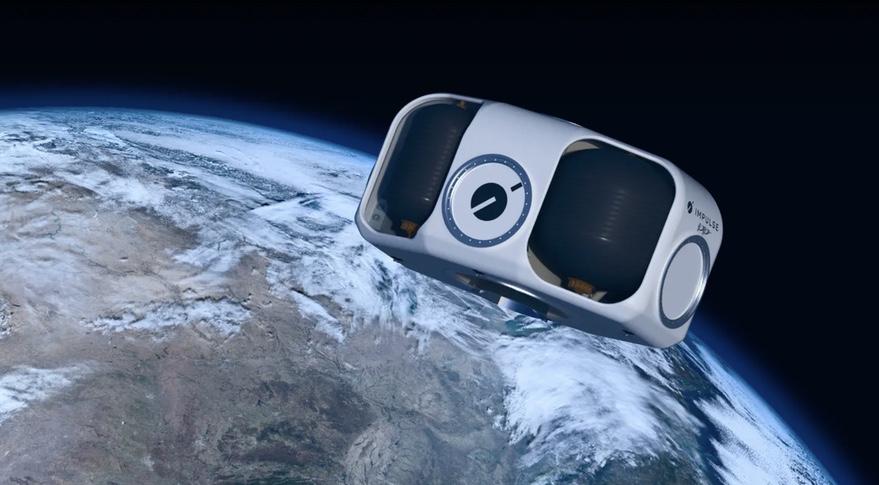PASADENA, Calif. — In-space transportation company Impulse Space Propulsion, which raised $20 million in a seed round earlier this year, announced June 17 it raised another $10 million to help accelerate work on orbital transfer vehicles.
Impulse Space said it raised $10 million from venture fund Lux Capital, which invests in “frontier technologies” like space. The company announced a $20 million seed round March 30 led by Founders Fund.
Tom Mueller, one of the founding employees of SpaceX, established Impulse Space last September to develop in-space transportation systems. The company’s leadership includes several other former SpaceX employees.
“With funding from Lux Capital, Impulse continues to build on a solid financial foundation and an equally strong foundation of the amazing people supporting us,” Mueller said in a statement about the new funding.
In an interview, Barry Matsumori, chief operating officer of Impulse Space, said the additional funding was “opportunistic” based on what the company needed and the interest from Lux Capital. “Tom and I talked and we agreed to go ahead and get a bit more money and make sure that we have a good war chest.”
He added that uncertainty about the economy, including fears of a recession, “definitely influenced the decision” to raise more money now. “Anybody with a half-murky crystal ball could tell there’s going to be challenges in the capital markets” in a year, he said.
The $30 million raised overall allows Impulse Space to advance work on three different designs for orbital transfer vehicles, Matsumori said, starting with a small vehicle for moving cubesats and nanosatellites in low Earth orbit. Two larger vehicles would be capable of moving spacecraft into higher orbits, like geostationary orbit, or cislunar space.
The company has provided few other details about its capabilities, although its vehicles will use chemical propulsion. “Electric propulsion has its place, and it’s a great technology, but it’s slow,” he said. “What are our customers interested in? They’re interested in the ability to get injected into their orbit so they can start generating revenue as soon as they can.”
Impulse Space has signed up customers but has not announced any of them yet. Matsumori said the company will be releasing details about its first mission “pretty soon.”
Impulse Space is one of several companies that have announced efforts to develop orbital transfer vehicles. Only a few, though, have flown such vehicles yet, such as D-Orbit and Spaceflight. Momentus launched its first Vigoride tug last month but that vehicle has suffered serious technical problems.
A recent study by Euroconsult projected 120 orbital transfer vehicles to be in operation by 2031. It projects the greatest source of demand to be constellations of microsatellites that are too large to be deployed by small launch vehicles but too small for larger vehicles.
Matsumori said he expected Impulse Space to stand out in a potentially crowded market based on the track record of Mueller and other company leaders. “A lot of what this team is built around is a reputation for actual execution,” he said. “We’re all about execution.”
